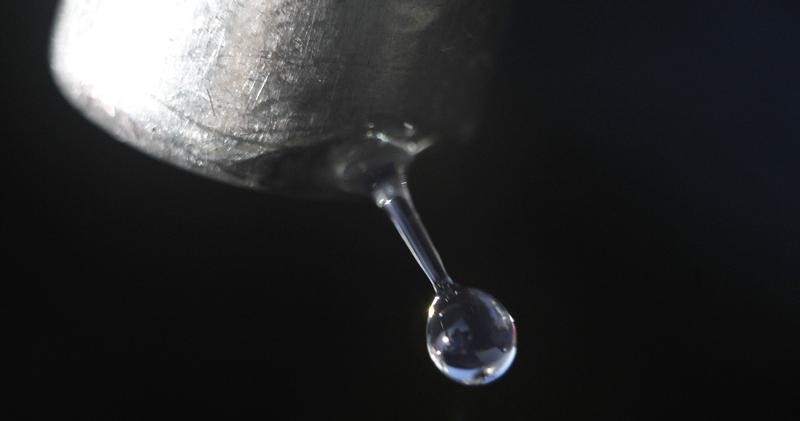By Mircely Guanipa and Deisy Buitrago
MARACAY, Venezuela/CARACAS (Reuters) - Venezuela has received refining materials via plane shipment from Iran to help it start the catalytic cracking unit at the 310,000 barrels-per-day Cardon refinery, which is necessary to produce gasoline, an official said on Thursday.
The shipments mark a new stage in cooperation between the two OPEC nations that are both facing crippling U.S. sanctions, with their levels of oil production and exports declining in recent years due in part to the pressure from Washington.
Erling Rojas, vice minister for refining and petrochemicals in Venezuela's Oil Ministry, announced the arrival of the material on Twitter. "Thanks to the support of our allies in the Islamic Republic of Iran," he tweeted.
Venezuela is suffering from an acute shortage of motor fuel due to the near total collapse of its 1.3-million-barrels-per-day refining network after years of underinvestment and lack of maintenance, as well as the U.S. sanctions that have complicated crude-for-gasoline swaps.
President Donald Trump has launched a "maximum pressure" campaign aimed at ousting Venezuelan socialist President Nicolas Maduro, whom he brands as a dictator usurping power after rigging a 2018 vote. Washington's sanctions on Iran are for allegedly financing terrorism.
Planes flying from Tehran landed at the Las Piedras airport on the Paraguana peninsula in western Venezuela, where Cardon is located, on Wednesday and Thursday, according to data on flight-tracking service FlightRadar24 reviewed by Reuters. The planes were operated by private Iranian airline Mahan Air.
Washington imposed sanctions on Mahan Air in 2011, saying it provided financial and other support to Iran's Islamic Revolutionary Guards.
Last year, an Iranian delegation flew to Caracas on a Mahan flight to discuss launching direct flights between the two countries with Venezuelan officials. A White House official called it a "politically motivated gesture."
Rojas did not provide an estimate of when the Cardon refinery's cat cracker could be up and running. Authorities are also trying to restart the cat cracker at the 146,000-barrels-per-day El Palito refinery in central Venezuela.
Cardon's cat cracker has been out of service since early 2019, while its reformation and distillation units have been out of service since January, according to an internal PDVSA document seen by Reuters.
Rojas said the plane was bringing catalysts, which are chemicals that facilitate the catalytic cracking process needed to make gasoline.
"We will overcome our difficulties," Rojas said, adding Iran's support was "driving the gringos in the White House crazy."
